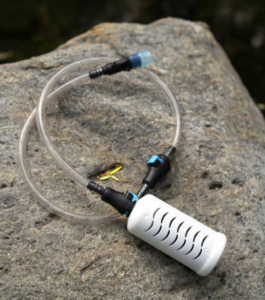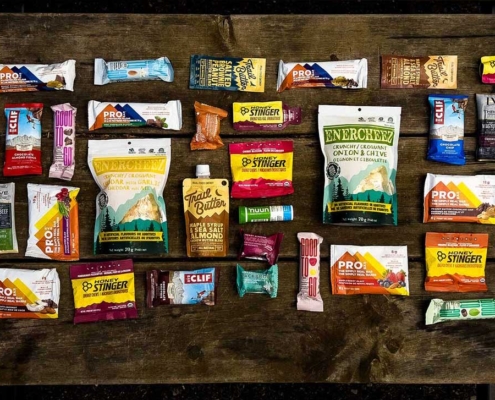Beyond Basics: 12 Less Discussed Tips for Emergency Preparedness
Lets look beyond the basics today and discuss 12 tips for emergency preparedness. By following these tips, you can create a robust emergency preparedness plan that instills confidence. Remember, the key to effective emergency preparedness is proactive planning and continuous review
1. Create Digital Copies of Important Documents:
-
- Scan and store digital copies of essential documents like passports, insurance policies, and medical records in a secure, password-protected cloud storage account. This ensures quick access and reduces the risk of loss.
2. Include Comfort Items in Your Kit:
-
- In addition to the essentials, add comfort items such as a favorite snack, a small game, a blanket or a comforting note in your emergency kit. These can provide psychological support during stressful times.
3. Practice Mindfulness Techniques:
-
- Learn mindfulness and stress-reduction techniques to stay calm during emergencies. Deep-breathing exercises, yoga or meditation can help manage anxiety and maintain focus.
4. Consider Your Pets:

-
- Prepare an emergency kit for your pets, including their food, medications, and comfort items. Research pet-friendly shelters or hotels in case evacuation is necessary.
5. Learn Morse Code or Signal Flags:
-
- In situations where communication devices fail, knowing Morse code or signal flags can be a valuable skill for signaling for help or conveying important messages.
6. Use a Solar Charger for Electronics:
-
- Include a solar-powered charger in your emergency kit to keep essential electronic devices charged. This can be particularly useful for communication tools like phones and radios.
- Consider also portable pre-charged battery sources.
7. Invest in a Water Filtration Straw:
-
- Include a portable water filtration straw in your emergency kit. This compact device allows you to drink water from various sources, providing a critical water supply during emergencies.

8. Know Alternative Routes Home:
-
- Identify alternative routes to get home from work or other frequent locations. During emergencies, main roads may be congested or blocked, so having backup routes can be crucial.
9. Master Basic Sewing Skills:
-
- Learn basic sewing skills to repair clothing or gear in the field. A small sewing kit in your emergency supplies can extend the life of your clothing and equipment.
10. Master One-Pot Cooking:
-
- Familiarize yourself with one-pot cooking techniques. During power outages, having recipes that require minimal cooking equipment can help conserve resources and simplify meal preparation.
11. Build a Mini Toolbox:
-
- Include a small toolkit in your emergency supplies. This can be useful for minor repairs, securing loose items, or assembling makeshift solutions.

12. Memorize Important Phone Numbers:
-
- Memorize key phone numbers, especially those of family members and close contacts. In situations where your phone is lost or out of battery, this knowledge can be critical for communication.
Remember, preparedness is about anticipating a variety of scenarios and tailoring your plans accordingly. These less-discussed tips can enhance your overall readiness and resilience in the face of unexpected events.











